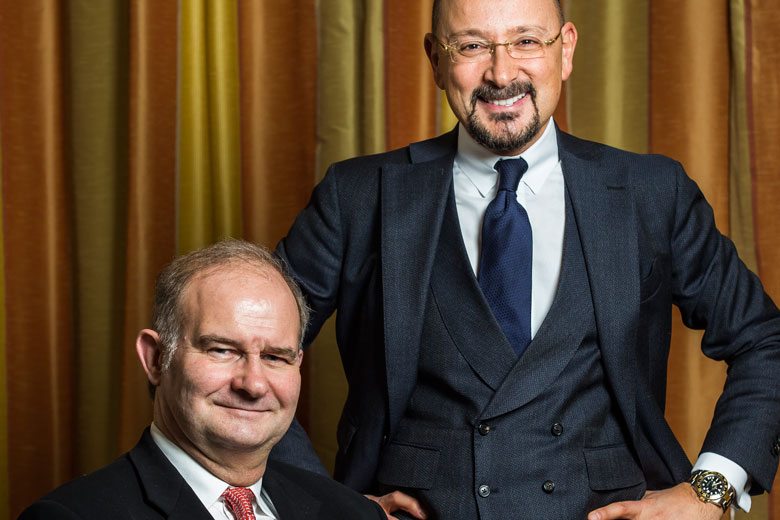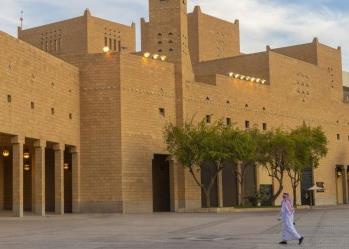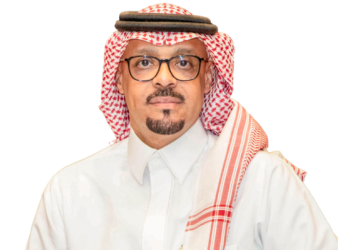

The international wealth management division of Credit Agricole Group is doubling banking teams in key markets
Indosuez Wealth Management, the international wealth management arm of Frances Credit Agricole Group, is planning an aggressive expansion in the Middle East and Asia, and has doubled its banking teams in some of the key regional markets, its top executives have said.
The Geneva-based firm had last year increased the total workforce covering the wider Middle East by 30 per cent and it aims to increase the number of bankers by 20 per cent every year till 2020 as part of its medium-term expansion plans, Jean-Francois Deroche, Indosuez Wealth Management CEO for the Middle East, Asia and Switzerland, and Francois Farjallah, the firms global head of the Middle East, tell MEED in a joint interview.
The growing markets in the Middle East and Asia are particularly important for us, says Deroche, adding that the firm has a long history of presence in both these regions and that they are quite an important play for the Credit Agricole Group, which is ranked 11th in terms of Tier 1 capital among global lenders.
To better tap the markets, particularly in oil-rich GCC states and the Levant region, Indosuez has doubled the size of its workforce in Dubai and has strengthened the team looking at the Kuwaiti market by three bankers, who joined the firm last year.
We reinforced our presence in the region and at the same time we are also reinforcing the number of bankers who cover the region out of other booking centres, says Farjallah, adding that Indosuez has a long-established presence in the Levant region, where it has increased the salesforce, doubled the number of bankers and is aiming to add more staff in Lebanon, which is the third-most lucrative market for the company after Saudi Arabia and the UAE.
There is [growing] non-resident Indian [NRI] business in the Middle East, and Indosuez has hired a team of six people, three of whom are based in Zurich and the rest are based here in Dubai, he says.
Asian ambitions
Within Asia, Indosuez, which operates out of its Hong Kong and Singapore booking centres, is looking to increase the number of staff from about 220 currently.
We expect the wealth management business will grow by an average of 8-12 per cent a year for the next five years in Asia and we expect to achieve that growth rate in the region, says Deroche of the firms growth targets in the region. Indosuez seeks to grow organically, although it will look at acquisition opportunities if they become available.
Indosuez, says Deroche, has already looked at some opportunities to acquire teams and wealth management portfolios of international banks in the Middle East, but did not proceed with the transactions as they were not a match.
We have looked at a number of possibilities already and so far we havent found a portfolio that matches our requirements, he says. We would do it in a conservative way and the asset has to exactly match our business profile. We want to ensure that what we buy, we will be able to completely integrate in our strategy.
Indosuez is implementing its aggressive strategy despite a slowdown in the pace of wealth creation in the region. The pace of growth has been faster in Asia than it has been in the Middle East, says Farjallah, adding that despite a slowdown, the long-term prospects of business in the region remain strong.
It is not an erosion of wealth, he says. We are talking about a less than 1 per cent increase in wealth creation and the number of wealthy individuals.
Globally, Indosuez focuses on two client segments. The first one, which the firm ranks as Ultra, includes clients with a net worth of $25m, while the other is Ultra High, which has investors worth $500m or more.
About 80 per cent of Indosuezs clients in the Middle East and Asia fall in the $25m category, says Farjallah, but the firm is seeking to increase its share of business from both segments going forward.
We plan to grow the size of that wallet by 10 per cent maybe 7 per cent in the $500m-plus category and 10 per cent in the Ultra segment of the business, he says.
Risk averse
In the wake of the fall in oil prices, investors from the Middle East are becoming risk averse and are looking for safer investment options such as gold, commodities and real estate. They see that the income they were generating in the past is not at the same pace, so they are switching, says Farjallah. We felt this shift and it is quite obvious.
Within real estate investments originating from the Middle East, there are few investors who go for pricey residential properties. In terms of volume, wealthy investors look for safety and yield, mostly in commercial assets such as malls, says Deroche.
They can extract better yield compared with pure financial assets in a low interest rate environment, he says. It is true for European investors and this trend has also come to the Middle East for our clients.
Both Indosuez executives are of the view that it is difficult to predict how the change in the White House administration will influence Middle Eastern investors when it comes to making investment decisions in the US.
You can have different types of scenarios emerging, depending on the decisions taken by the new leadership in the US, says Farjallah. We are eager to see what sort of reaction and implication it will have on investments. It is too early to say what the medium or long-term impact will be.
You might also like...

TotalEnergies to acquire remaining 50% SapuraOMV stake
26 April 2024

Hyundai E&C breaks ground on Jafurah gas project
26 April 2024

Abu Dhabi signs air taxi deals
26 April 2024

Spanish developer to invest in Saudi housing
26 April 2024
A MEED Subscription...
Subscribe or upgrade your current MEED.com package to support your strategic planning with the MENA region’s best source of business information. Proceed to our online shop below to find out more about the features in each package.








